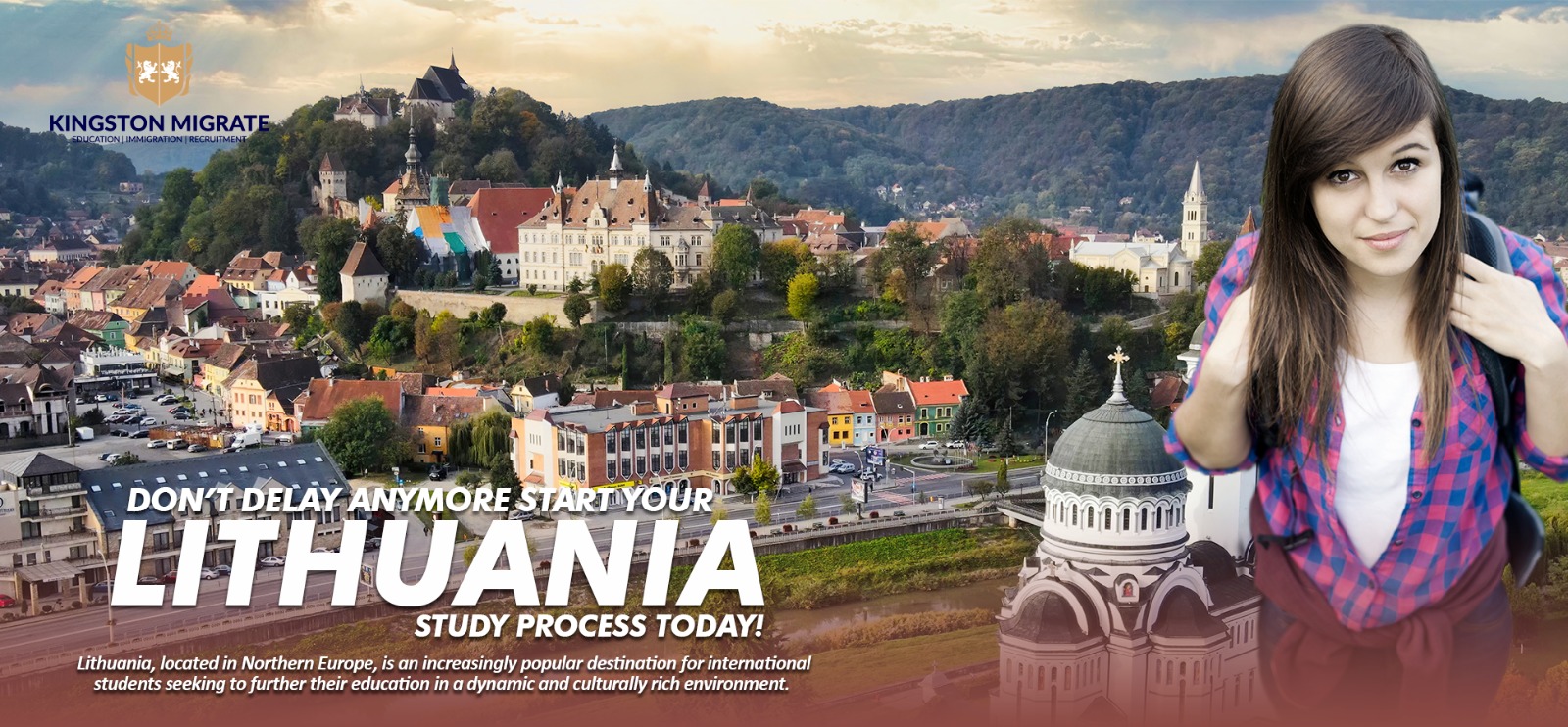
Lithuania,
located in Northern Europe, is an increasingly popular destination for
international students seeking to further their education in a dynamic and
culturally rich environment. Lithuania has emerged as the region's center of
academic excellence, with world-renowned universities offering various courses
and degrees. The country's educational institutions are known for their
high-quality education, modern facilities, and competitive tuition fees.
One of the many
benefits of studying in Lithuania is the opportunity to work after graduation.
After completing their studies in Lithuania, international students can apply
for a post-study work visa, which lets them work in Lithuania for up to a year.
This provides a valuable opportunity for students to gain professional
experience and explore the local job market.
Yes,
international students from most countries require a visa to study in
Lithuania. You can apply for a study visa at your home country's Lithuanian
embassy or consulate.
The processing
time for a study visa in Lithuania can vary depending on the embassy or
consulate processing your application. Applying for your visa well before your
intended start date for your studies is recommended.
Most
universities in Lithuania offer courses taught in English, so fluency in
Lithuanian is optional. However, some programs may have specific language
requirements, so it is best to check with the university you are interested in.
Tuition fees in
Lithuania vary depending on the university and program. On average, tuition
fees for undergraduate programs range from €1,500 to €5,000 per year, while
postgraduate programs can cost between €2,000 to €7,000 per year.
Yes,
international students in Lithuania are allowed to work up to 20 hours per week
during the academic year and full-time during holidays. However, checking with
your university and the Lithuanian authorities is important to ensure you have
the necessary permits to work.